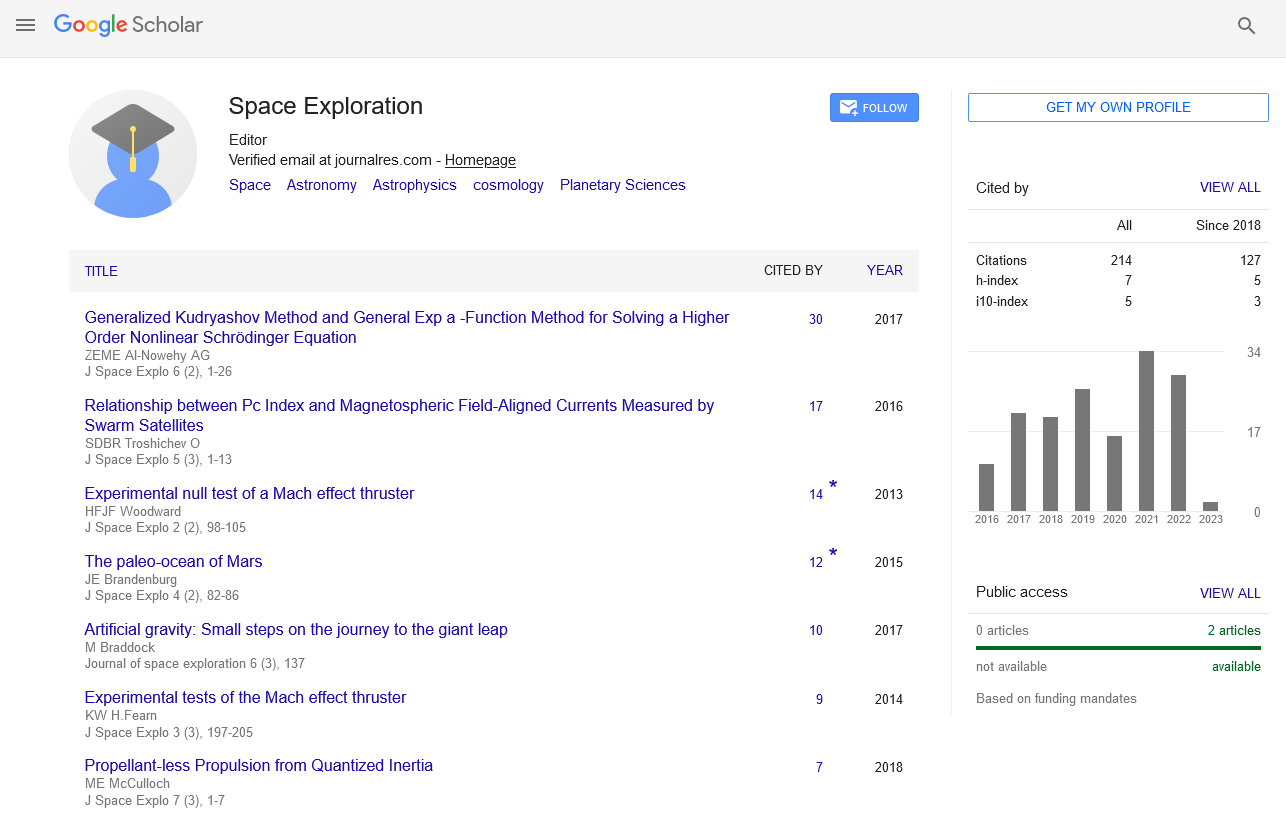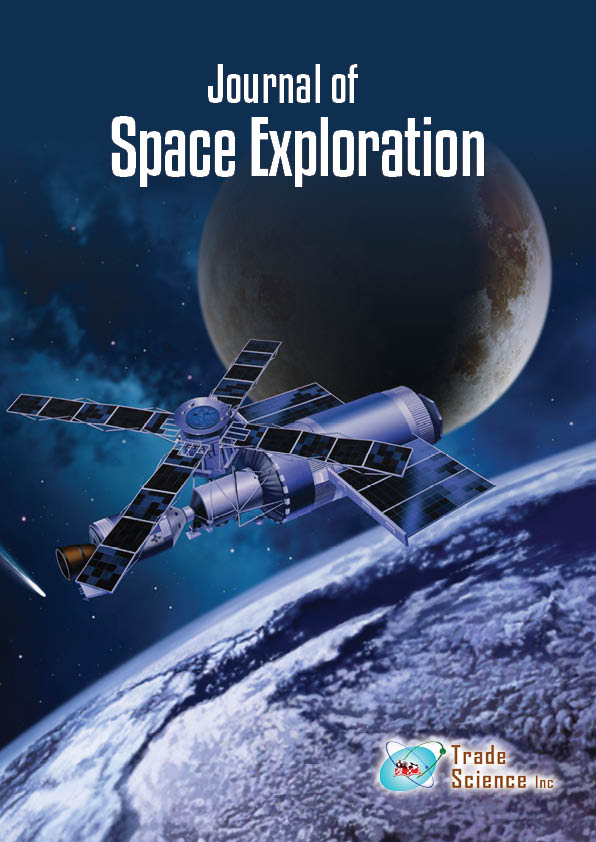Abstract
Exploring the Foundations of Gravity Using Empirical Data
Author(s): Solomon BT and Beckwith AWThis exploration of spacetime and gravity emerged from two discoveries that were derived from very detailed analyses of the empirical data. These discoveries are, (i) the massless formula for gravitational acceleration g=Ï„c2 and (ii) that the gravitational constant G is not a constant but a variable Gi dependent upon the isotopic mass of element i, therefore, the need for a gravitational theory that encompasses, cosmology, near field gravity measurement inconsistencies and gravity modification. This paper presents one approach, that Nature is consistent everywhere, at every level of detail, and thus, spacetime is a non-null medium different from dimensions. Spacetime is the carrier of velocity and acceleration that alters the ruler of the dimensions, and therefore, the spacetime interval does not exists. Macro forces are observed when a Non Inertia (Ni) field is present and governed by g=Ï„c2, the universal descriptor of macro forces. This, lends itself to the development of gravity modification engines. This paper provides detailed guidance on how to design and construct gravity modification engines. An example is provided. From a cosmological perspective, the galaxy rotational anomalies are due to nucleosynthesis resulting in a decreasing gravitational constant. The variable gravitational coefficient Gi for isotope i provides alternatives to both, the dark matter thesis, and the big bang thesis. This paper proposes that all blackhole masses (black stars) are composed of a new type of particle, the black particle, who mass is 26.6 times heavier than the proton, and that black stars consists of a new type of matter, the black matter.

